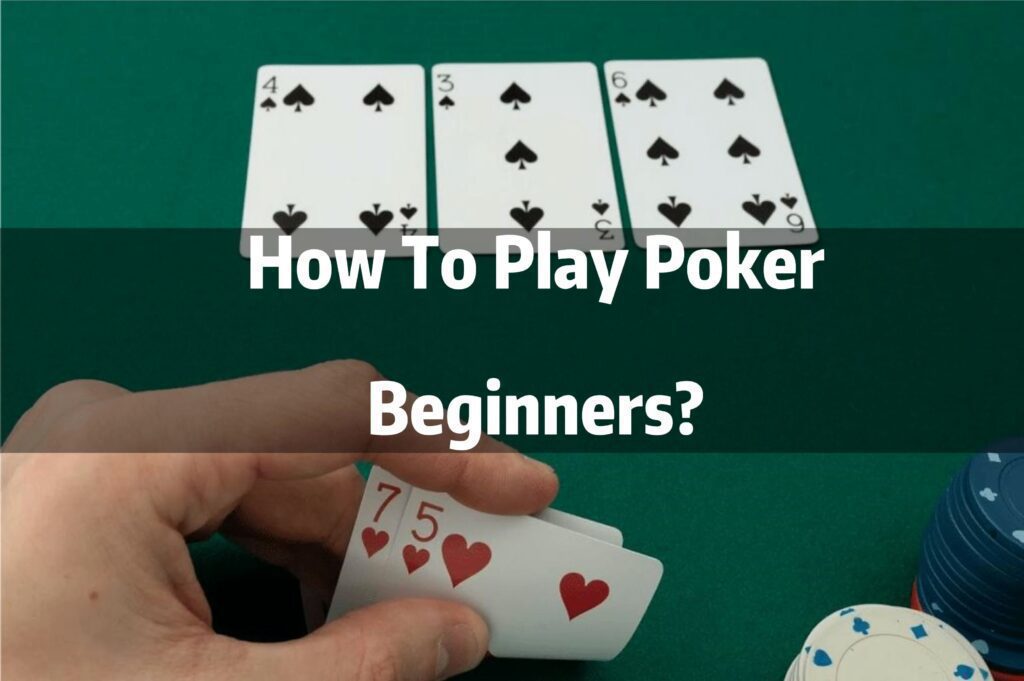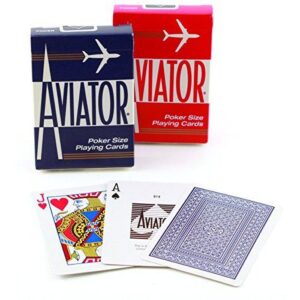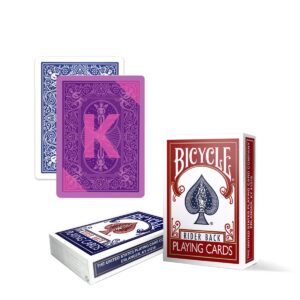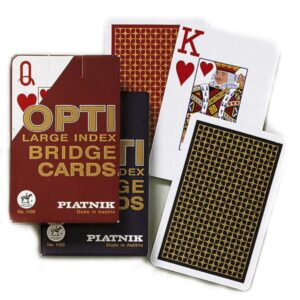
Poker is a captivating card game that has gained immense popularity across the globe. It combines strategy, psychology, and a dash of luck, making it a favorite among both casual players and serious gamblers. If you’re new to poker and eager to learn the ropes, this guide will help you understand the basics and set you on the path to becoming a proficient player.
Understanding the Poker Basics
1. The Objective:
Poker is a game of skill and strategy, where the objective is to win chips or money by either having the best hand at showdown or convincing other players to fold their hands.
2. Hand Rankings:
Familiarize yourself with the hand rankings, starting from the highest:
- Royal Flush
- Straight Flush
- Four of a Kind
- Full House
- Flush
- Straight
- Three of a Kind
- Two Pair
- One Pair
- High Card
3. The Betting Rounds:
Poker involves several betting rounds where players can either bet, check, raise, or fold based on the strength of their hand and their strategic objectives.
Types of Poker
1. Texas Hold’em:
- Deal: Each player receives two private cards (hole cards), and five community cards are dealt face-up.
- Objective: Use the best combination of five cards from your hole cards and the community cards to win.
- Betting: Pre-flop, flop, turn, and river.
2. Omaha:
- Deal: Each player receives four hole cards, and five community cards are dealt face-up.
- Objective: Form the best hand using two of your hole cards and three of the community cards.
- Betting: Pre-flop, flop, turn, and river.
3. Seven-Card Stud:
- Deal: Each player is dealt seven cards, three face-down and four face-up.
- Objective: Form the best hand using five of your seven cards.
- Betting: Ante, third street, fourth street, fifth street, sixth street, and seventh street.
Getting Started: Step-by-Step Guide for Beginners
1. Learn the Rules:
Familiarize yourself with the specific rules of the poker variant you want to play. Understanding the hand rankings, betting structure, and basic strategies is crucial.
2. Practice Online:
Consider playing poker online using play money or low-stakes tables. This will help you get comfortable with the game and its mechanics.
3. Start with Small Stakes:
When transitioning to real money games, start with small stakes. It’s important to manage your bankroll wisely and not risk more than you can afford to lose.
4. Observe and Learn:
Watch experienced players, either in live games or online. Pay attention to their strategies, betting patterns, and how they handle different situations.
5. Understand Betting Strategy:
Learn when to bet, check, raise, or fold. Your decisions should be based on your hand strength, position at the table, and the actions of other players.
6. Practice Patience:
Poker requires patience and discipline. Don’t be tempted to play every hand; wait for strong hands and favorable situations to maximize your chances of winning.
7. Study the Odds:
Familiarize yourself with poker odds and probabilities. Understanding the odds of making certain hands will inform your decisions during the game.
8. Stay Calm and Collected:
Poker can be an emotional game. It’s essential to stay composed, especially during losses. Emotions can cloud your judgment and lead to poor decisions.
9. Join a Poker Community:
Engage with other poker enthusiasts, either online or in local poker groups. Discussing strategies, sharing experiences, and learning from others can accelerate your progress.
10. Burn Card:
In land-based card games, a burn card is a card that is dealt from the top of a deck, unused and discarded by the dealer. Burn cards are usually not shown to the players.
There are 3 burn cards in a Texas Holdem game. Before dealing with the flop, turn, and river, the dealer requires to discard the top card from the deck.
The purpose of the burn card is to prevent someone from cheating with marked poker cards, but some advanced marked cards cannot be prevented, such as the poker analyzer system that can scan barcode marked cards.
Conclusion
Poker is a challenging yet immensely rewarding game that requires a combination of skill, strategy, and psychological prowess. As a beginner, focusing on understanding the rules, practicing diligently, and learning from experienced players will set you on the path to becoming a successful poker player. Enjoy the journey, and may the cards be in your favor!












